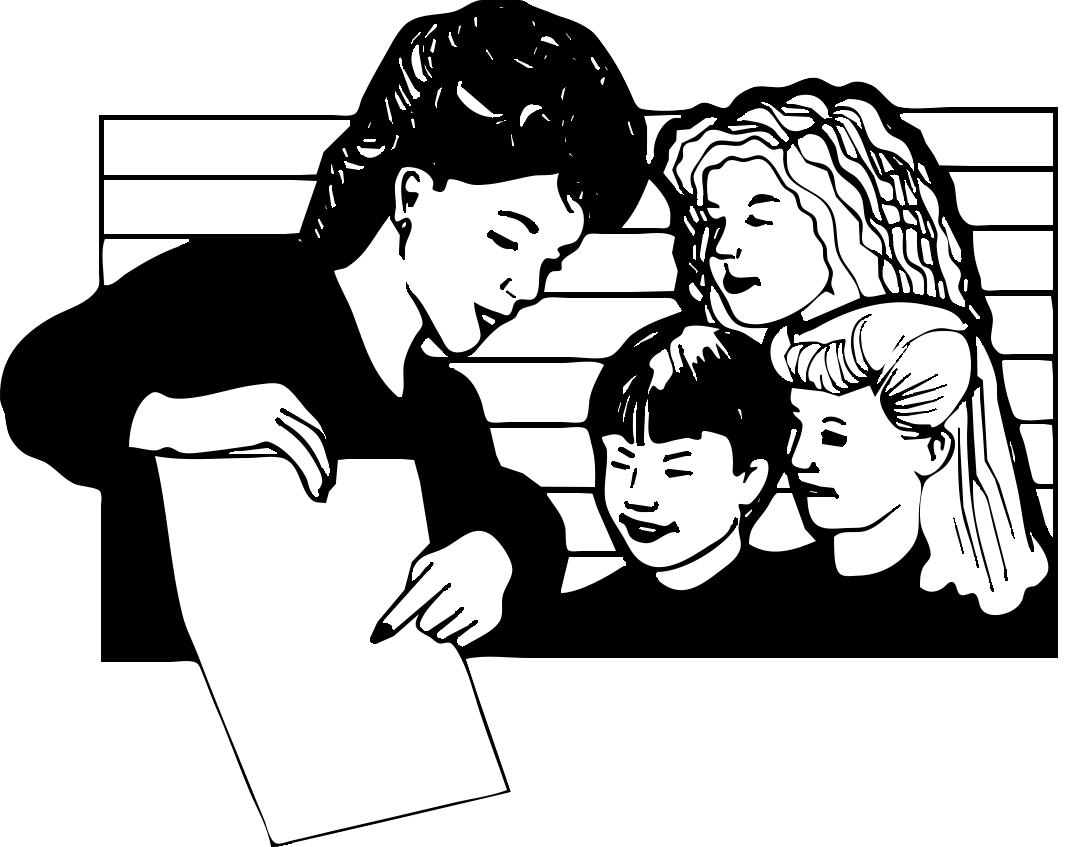The Ministry's "Official" Application Forms
- You do not have to use their forms for your full application. It is, however, best to use Section One of their forms - that is the part that asks about name, date of birth, parents details etc etc, and includes an important declaration. It's a waste of effort to replicate this section elsewhere, and all the info it asks for MUST be included. Since on the current forms this is only set up for one child, then I recommend you complete one copy of Section One (it's only 3 pages and can be filled in on the computer and saved) for each child.
- For the rest of the application, use your own document, such as one written in Word or Google Docs and then converted to pdf before sending to the Ministry. My exemption guide pack contains a template in Word. (This advice applies whether you're applying for 1 or more children)
- When writing in your own document, you may include multiple children if it sensible to do so, but bear the below advice in mind.
- If you want to use the Ministry's application forms for the full application (Sections 1-4), you will have to do them individually until the new forms come out.
Including multiple children in one application
Note, however, that is is absolutely ESSENTIAL that if you choose to do this, that you show sufficient and suitable information that demonstrates that you are taking into account each child's particular needs, which might include areas of strength or weakness, particular learning needs, next steps in learning, or individual preferences in things like sports, music etc etc.
- Twins working at essentially the same level. If their program of learning is identical (and it may well be) I'd make a particular effort to include info on what each one enjoys or wants to focus on, or needs to improve in. Eg Jack might want to learn to play the drums and take part in rugby. John might play the guitar and prefers soccer. Or Jill might love to write stories and needs to develop her writing-reviewing-editing process while Jane has strong ideas and would enjoy the challenge of writing succinct, persuasive letters to the Editor. Anything relevant where you can include some personalisation will benefit your application.
- Two children close in age, working at the same level in literacy but a year apart in math. I would include the different math program/topics for each child, but much of the rest would be the same. Again, I would add personal interests, individual goals etc whereever applicable.
- Multiple children where the family is using a strongly unit study approach with all children working on the same topics together. This one is a bit trickier to do all in one, but I would outline each subject content, then show how it will be tailored to each child - for example in literacy and numeracy you would set tasks and have specific goals and next steps for each child according to their age/stage/ability. Likewise in Science and Social Studies while they may study the same topics, they would apply that learning in different ways - an older child writing an essay after doing research, for example, while a young one might draw pictures and add captions with parental help, and meanwhile the middle child is expected to write a short report or complete some worksheets or whatever.
When should you NOT put them all in one document?
But by doing them individually, it can be much easier to just focus on the one child at a time and what their individual program looks like. Unless your children are very close in age/ability and are therefore doing essentially the same program as discussed above, it makes more sense to write them up individually. If you're trying to cram a lot of different info about multiple children into one document, it could become very long and potentially confusing.
In Conclusion:
- The current Ministry forms are designed to be used for one child only, though new ones have been promised.
- You can, if you wish, use just Section One of the forms for each child and do the rest of the application/s in another format. (Recommended)
- Ask yourself, how similar are my children's abilities and intended program? If very similar, then consider writing the rest of the application/s up in one document, showing suitable individualisation.
- If the children are working at different levels in a program, or following different programs, then it makes more sense to do their applications individually.
- Always have a different Topic Plan for each child.
- If a regional office insists on separate applications when it's sensible to do them together, feel free to Contact Me for support.

 RSS Feed
RSS Feed
